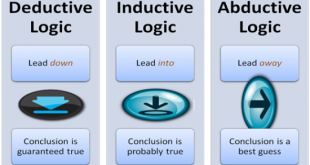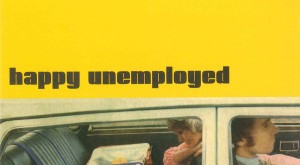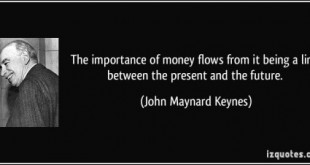LOGIC of science vs. METHODS of science [embedded content]
Read More »Manfred Mann
[embedded content]
Read More »Against multiple regression analysis
Against multiple regression analysis Distinguished social psychologist Richard E. Nisbett has a somewhat atypical aversion to multiple regression analysis . In his Intelligence and How to Get It (Norton 2011) he wrote (p. 17): Researchers often determine the individual’s contemporary IQ or IQ earlier in life, socioeconomic status of the family of origin, living circumstances when the individual was a child, number of siblings, whether the family had a library card, educational attainment...
Read More »The force from above cleaning my soul
The force from above cleaning my soul [embedded content]
Read More »Krugman — a Vichy Left coward
Krugman — a Vichy Left coward Paul Krugman’s recent posts have been most peculiar. Several have looked uncomfortably like special pleading for political figures he likes, notably Hillary Clinton. He has, in my judgement, stooped rather far down in attacking people well below him in the public relations food chain … Perhaps the most egregious and clearest cut case is his refusal to address the substance of a completely legitimate, well-documented article by David Dayen outing Krugman, and...
Read More »Thatcher policies for dummies
Thatcher policies for dummies
Read More »What is Post Keynesian economics?
What is Post Keynesian economics? [embedded content]
Read More »Deduction — induction — abduction
Deduction — induction — abduction In science – and economics – one could argue that there basically are three kinds of argumentation patterns/schemes/methods/strategies available: Deduction Premise 1: All Chicago economists believe in REH Premise 2: Robert Lucas is a Chicago economist —————————————————————– Conclusion: Robert Lucas believes in REH Here we have an example of a logically valid deductive inference. In a hypothetico-deductive reasoning — hypothetico-deductive confirmation in...
Read More »‘New Keynesian’ DSGE models
‘New Keynesian’ DSGE models In the model [Gali, Smets and Wouters, Unemployment in an Estimated New Keyesian Model (2011)] there is perfect consumption insurance among the members of the household. Because of separability in utility, this implies that consumption is equalized across all workers, whether they are employed or not … Workers who find that they do not have to work are unemployed or out of the labor force, and they have cause to rejoice as a result. Unemployed workers enjoy...
Read More »On the non-neutrality of money
On the non-neutrality of money Paul Krugman has repeatedly over the years argued that we should continue to use neoclassical hobby horses like IS-LM and Aggregate Supply-Aggregate Demand models. Here’s one example: So why do AS-AD? … We do want, somewhere along the way, to get across the notion of the self-correcting economy, the notion that in the long run, we may all be dead, but that we also have a tendency to return to full employment via price flexibility. Or to put it differently,...
Read More » Lars P. Syll
Lars P. Syll






